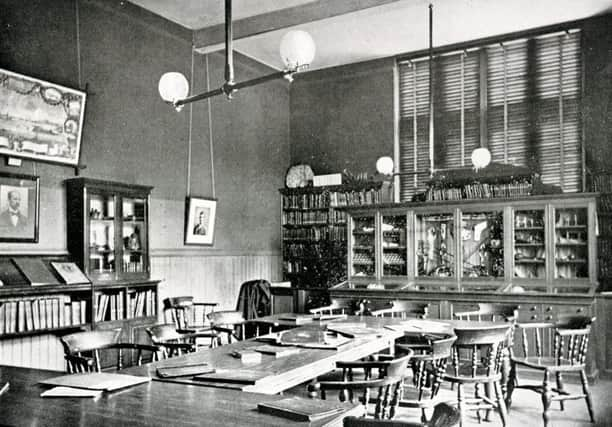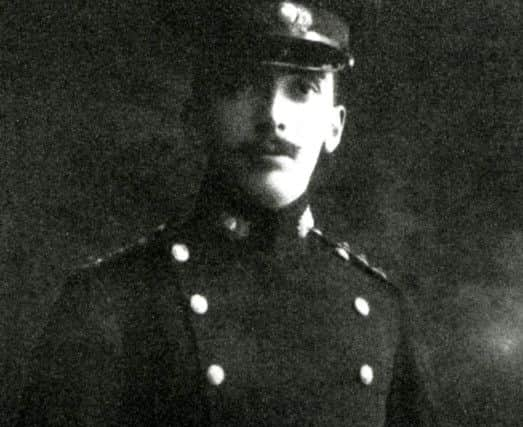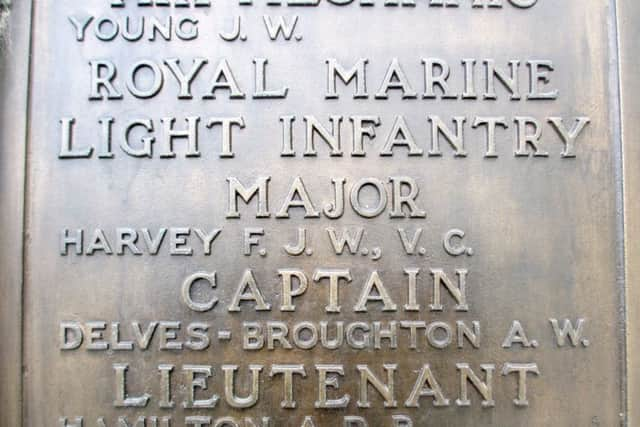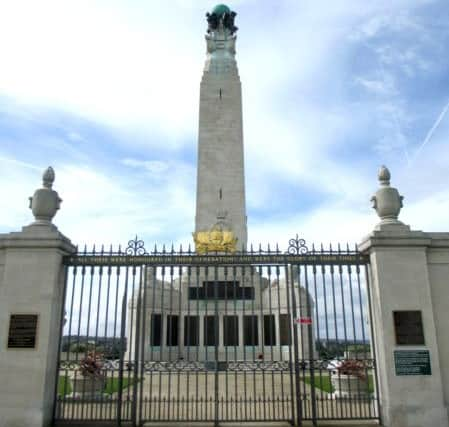VC hero from Portsmouth sacrificed himself to save 1,000 shipmates at Jutland


It is not known how many former pupils took part in the battle, but at least 13 were mentioned in Admiral Sir John Jellicoe’s despatches, and five ex-pupils were killed in action.
On its centenary, we look at the most highly decorated former pupil who took part in the battle.
Advertisement
Hide AdAdvertisement
Hide AdAt a meeting of the school’s debating society on October 21, 1891, 18-year-old Francis Harvey proposed the motion that ‘in the opinion of this house, arbitration being impossible, war is the only way of settling international disputes’. He explained that ‘arbitration might be all very well in theory but failed in practice’. War was ‘a necessary evil that must be endured’.


Francis’s father was a commander in the Royal Navy and the family had strong naval traditions going back to Captain John Harvey who was killed while commanding HMS Brunswick in the Battle of the Glorious First of June in 1794. Surprising then that the young Francis was admitted to the school’s Army Form, rather than the navy. These special classes prepared boys for the armed services’ officer examinations.
After eight years at the school Francis was accepted by the Royal Military College, Sandhurst, having come 33rd out of 193 candidates. However, he had also applied for, and been accepted by Greenwich for officer training in the Royal Marine Light Infantry, and it was this that most appealed to the lad.
Appointed as a second lieutenant in the Portsmouth Division RMLI, he was promoted to lieutenant the following year and qualified in gunnery at HMS Excellent, Whale Island, in 1895.
Advertisement
Hide AdAdvertisement
Hide AdBy 1911 he had been promoted to major and was held in high regard as an excellent gunnery instructor and motivator of men.


By the time war had been declared, Harvey was serving in the battle-cruiser HMS Lion, and his gunnery theory was soon put into practice.
Lion was involved in the Battle of Heligoland Bight, on August 28, 1914, then the Battle of Dogger Bank in January 1915. Then came the big one – Jutland – the largest naval battle and the only full-scale clash of battleships in the war.
The Grand Fleet engaged the German High Seas Fleet in the North Sea, 75 miles off the coast of Denmark’s Jutland peninsula. It was a battle that involved 100,000 men aboard 250 ships over the course of 72 hours.
Advertisement
Hide AdAdvertisement
Hide AdHMS Lion, the flagship of the British battle-cruiser fleet, led the attack on May 31, 1916, but came under heavy fire and was hit by a salvo of 12in shells, one of which penetrated a gun turret, killing or mortally wounding all the occupants. Harvey was caught in the explosion and was severely burnt. Some accounts say he lost both legs, others that they were crushed.


The fire threatened to engulf the magazine. With incredible bravery and presence of mind, and knowing he was mortally wounded, Harvey dragged himself to the voice pipe and ordered the magazine to be flooded.
His heroic actions, which sacrificed the lives of some of his men but saved about 1,000 other men and the ship, were recognised with the award of the Victoria Cross, accepted by his widow, Ethel, at Buckingham Palace five months later.
With thanks to Portsmouth historian and author John Sadden, the archivist at Portsmouth Grammar School.
Advertisement
Hide AdAdvertisement
Hide AdRead more about the role of local people in the First World War in our fascinating book Portsmouth and the Great War now available for only £4.75 (inc postage and packing)


Discover how Portsmouth raised three battalions to help defend the nation, how news of the Battle of Jutland was received and see if your ancestors were included in the Rolls of Honour.
Call (023) 9262 2752 to order your copy.